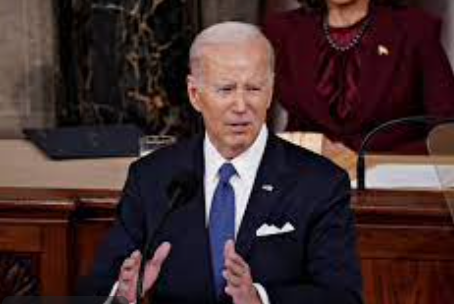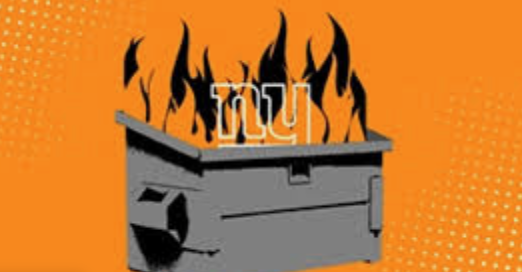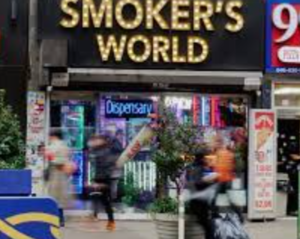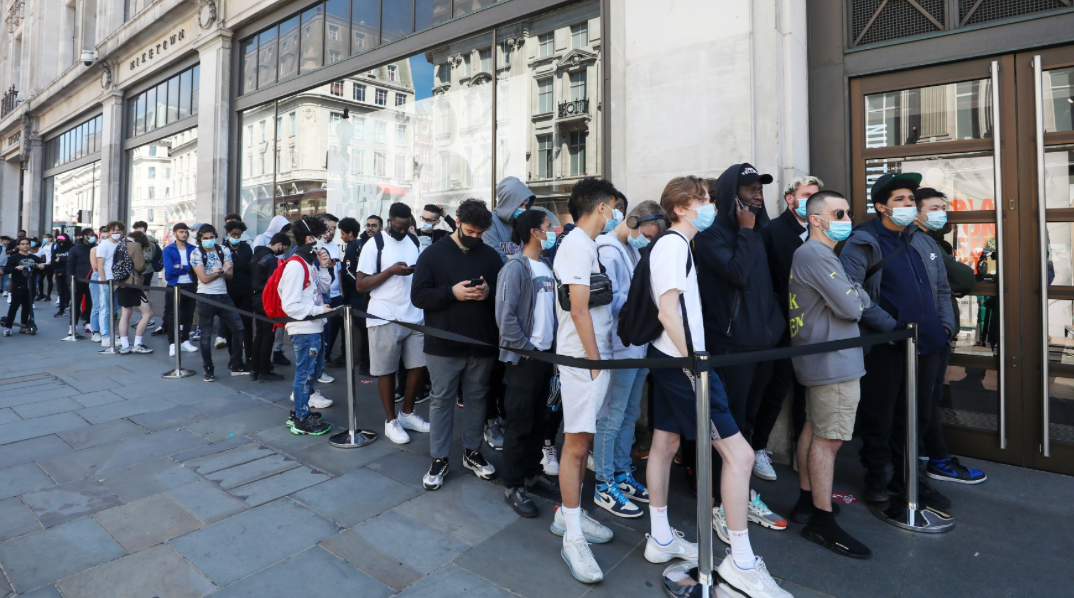In an acknowledgement of the popularity of legal marijuana, Biden talked about in his State of the Union speech, but, again, no firm details.
In his final State of the Union speech of this term, Biden made history and openly talked about cannabis. He touted his pardons and rightfully took a lap. The President has talked about the pardons before and their importance, and sharing at the speech was a historic moment for the industry. But, while it was good, it was not as significant as it has been heralded. He indicted during his last campaign he made a commitment toward expanding the industry. Finally, after three long year, in his speech he talked about rescheduling, but again shared no dates or a call to action.
Related: California or New York, Which Has The Biggest Marijuana Mess
According to BDSA, a leading analytics firm covering cannabis, the industry generated $29.5 billion in revue in 2023. Over 85% of the public believes it should be legal in some form. It should be an easy win, but Biden, VP Harris and others at the top of the administration have struggled to push the change.

Biden was slow to push rescheduling, but since them Health and Human Service (HHS) and the Food and Drug Administration (FDA) have both recommended it move forward. It now sits at the Drug Enforcement Agency (DEA) for the final change. Data and public opinion are waiting for the change.
Senate Leaders Chuck Schumer (D-NY) and Patty Murphy (D-WA) recognized the value of a healthy, legal industry. Science, the American Medical Association and even branches of the military are starting to recognize the value of medical marijuana and the widespread support of the plant. Schumer shared prior to the speech he is committed to get a banking bill done this session. It seems to be on track last session, but the chaos in the House over the speakership derailed any hope.
While the industry is right to say the public wants it, studies by Brookings say it isn’t a decider when chosen a presidential candidate. The economy, the border, abortion, and personal issues like healthcare and feelings around Israel and Ukraine are much more like to influence decisions. What is key, it is big with younger voters. This could be key in the election.
RELATED: Science Says Medical Marijuana Improves Quality Of Life
While the industry is doing well, it is still the growth mode and need basic help in continuing to grow. Rescheduling would allow state cannabis to take federal tax deductions that they’re currently barred from under an Internal Revenue Service (IRS) code known as 280E, however. This would be an immediate benefits the cannabis industry which has over 50% small businesses.
After breaking the barrier and having a president discuss marijuana public, everyone is watching on what happens next.

 Cannabis News2 years ago
Cannabis News2 years ago
 One-Hit Wonders2 years ago
One-Hit Wonders2 years ago
 Cannabis 1012 years ago
Cannabis 1012 years ago
 drug testing1 year ago
drug testing1 year ago
 Education2 years ago
Education2 years ago
 Cannabis2 years ago
Cannabis2 years ago
 Marijuana Business Daily2 years ago
Marijuana Business Daily2 years ago
 California2 years ago
California2 years ago



























